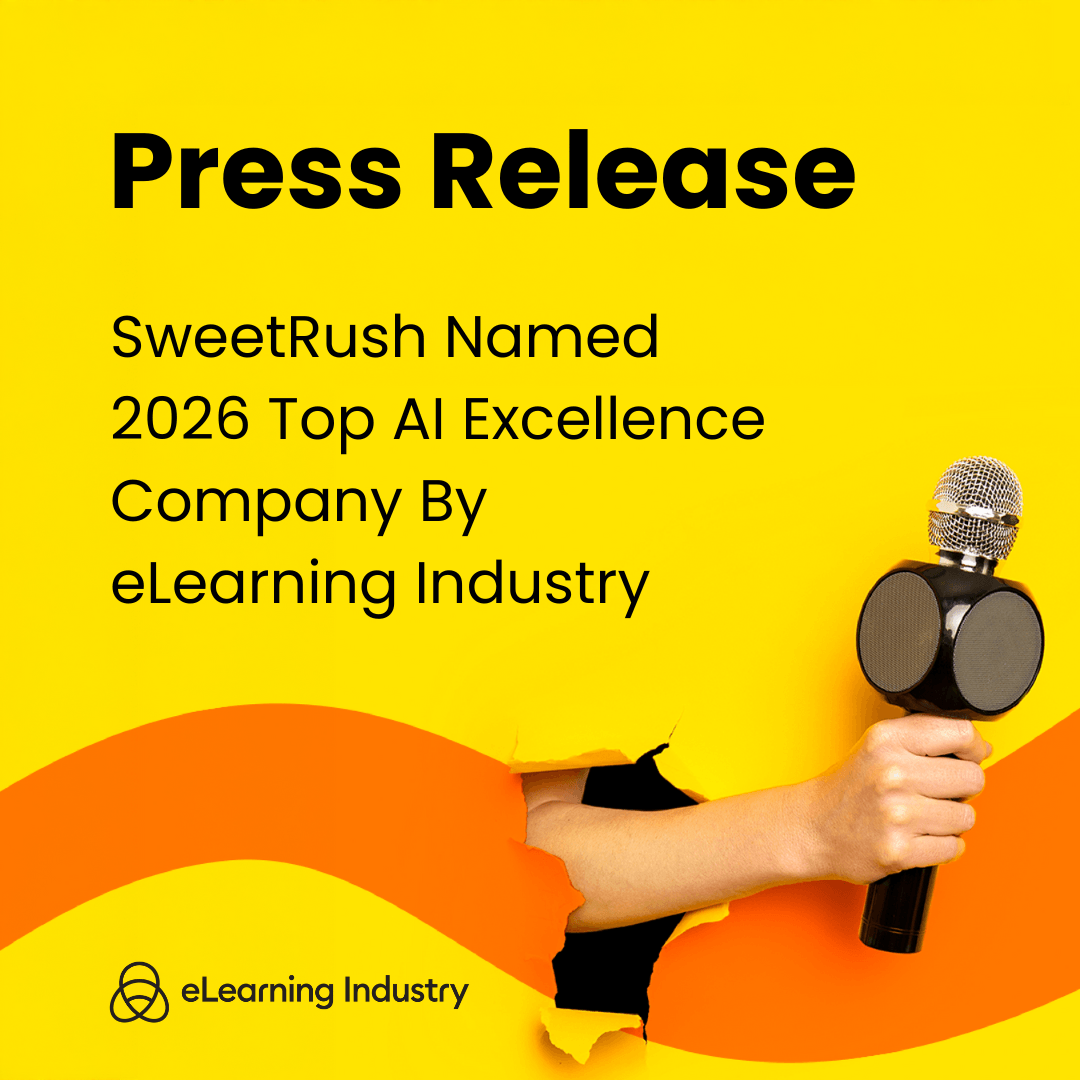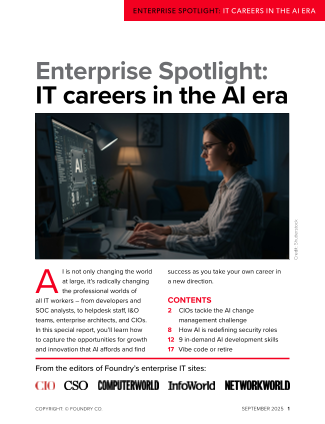Law
fromAbove the Law
20 hours agoTackling The Overlooked Obstacle To Pro Bono Work: Not Having A Clue How To Do It - Above the Law
A new partnership between Paladin and the Practising Law Institute integrates targeted skills-based training with law school pro bono work to address the gap between legal education and practical pro bono service demands.








